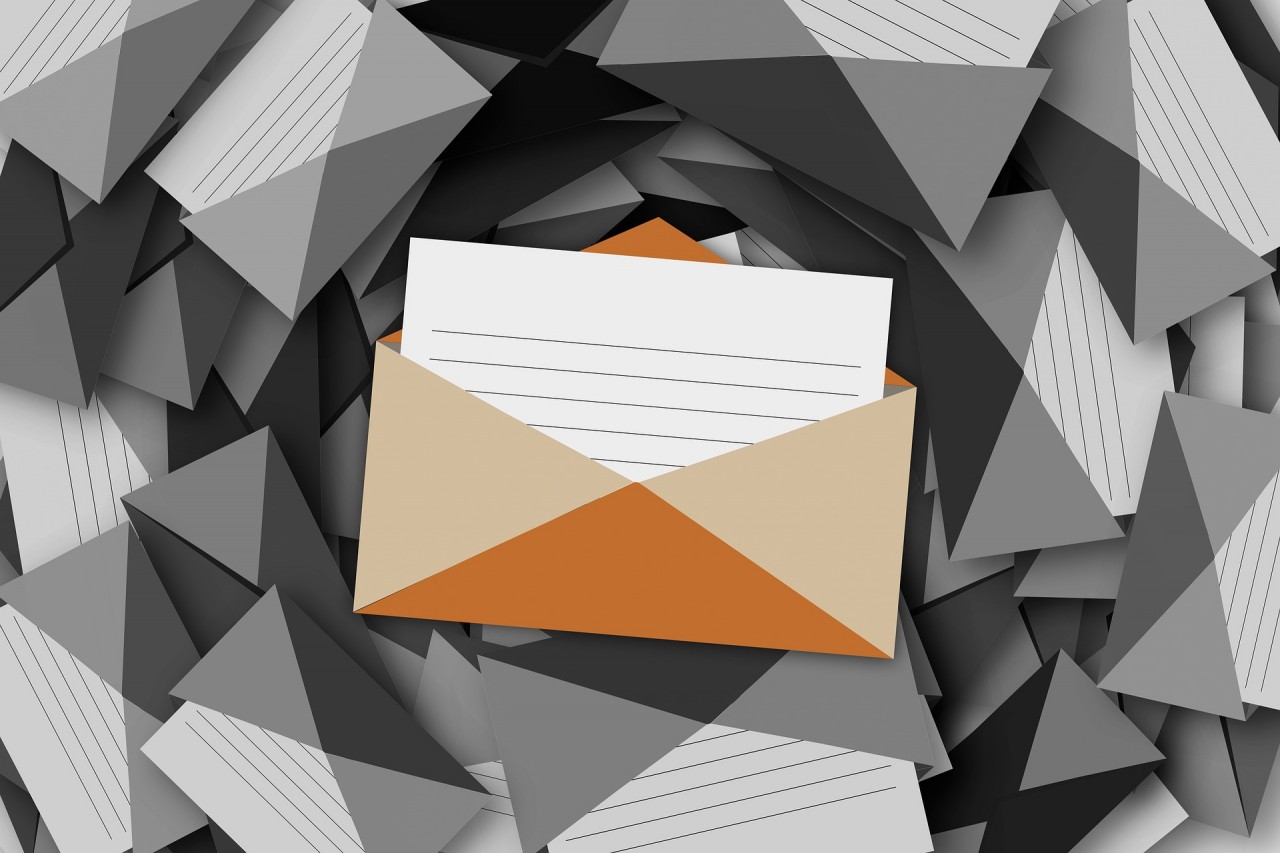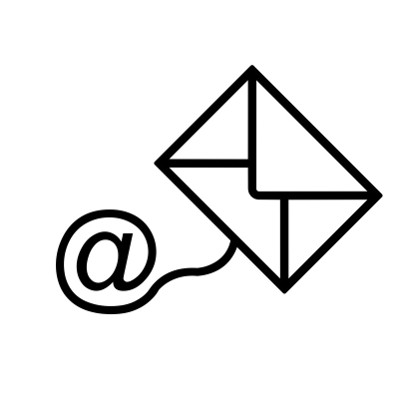Email is (and has been) a prime method of communication for businesses of all sizes. With email comes a whole slew of issues that are essentially synonymous with the technology; spam, information overload, phishing, and information privacy. Even Rochester small businesses that only do business locally are at risk of these issues. Personal email accounts are equally at risk. Employing proper precautions and practices whenever communicating via email is very important to prevent the risk of security compromises, monetary loss, and even legality issues.
Spam Inundation
If you've been using email for a while either professionally or personally you have almost certainly gotten email from people you don't know. Most of these emails are blatantly unwanted while others can look 'almost' legit, as if a real person is trying to contact you. Often (and unfortunately) spammers can get your email address when you put it online or use it to register for accounts on sites on the internet. The good news is standard spam protection is getting better these days, and more advanced spam protection is cost effective for businesses that need the extra layer of protection. Spam can cause a lot of harm for a business network if it isn't kept under control - spam can bog down email servers and eat up network bandwidth and plus it drastically slows down employee productivity because they need to sift through it all just to find their real email. If you and your staff are getting more than a few spam emails a day, contact us at (585) 254-8710 and ask about our anti-spam solutions.
Don't Open Attachments from Unsolicited Emails
This has been a golden rule for general email usage for a very long time. If you received an email from a stranger and there is an attachment, don't touch it. If you receive an email from a contact and there is an attachment, but anything is suspicious, don't touch it. This goes the same for links - if the email was unexpected and just seems fishy, it is possible your contact's email may have been compromised. Use your judgment on this, but remember it isn't your contact trying to trick you, they are merely the victim of a similar hoax from one of their contacts. If you have any doubt, simply reply or pick up the phone and ask them about it before continuing.
Keep your Computer Safe
Be sure to keep antivirus definitions up to date, and run scans regularly. Running adware and spyware removal software at regular intervals is important too. Be sure your Windows Updates are up to date as well. For businesses, you'll want to invest in network protection to keep external threats from leaking in. Even for small Rochester businesses, security and threat management is important to keep operations running smoothly and to prevent expensive downtime and data theft.
Don't Rely on Email for Storage
Everyone has done this at least once; you are working on a report or document on one computer and you email it to yourself in order to pull it up on another computer. That's fine as long as you mind your inbox capacity, but you shouldn't rely on email for storing files, not even as a reliable backup. Imagine having to painstakingly pick through all of your email to restore your most important files. It doesn't sound like a good idea now, does it? On top of that, email isn't any less prone to data corruption or loss than any typical storage solution, and unless the server hosting your email is backed up with a reliable solution, it could be here today and gone the next.
Encrypt Sensitive Data
If you send sensitive data to other recipients, you will want to consider email encryption. Some industries require this. Email encryption simply scrambles the message while it is being sent, and depending on what type of encryption, will descramble itself or allow your recipient to log in to a secure location to view the data. Although email encryption services vary, most of them are very cost effected especially when put beside the risks of sensitive data getting leaked and stolen. Give us a call at (585) 254-8710 to learn more about email encryption and what solution is right for your business needs.







